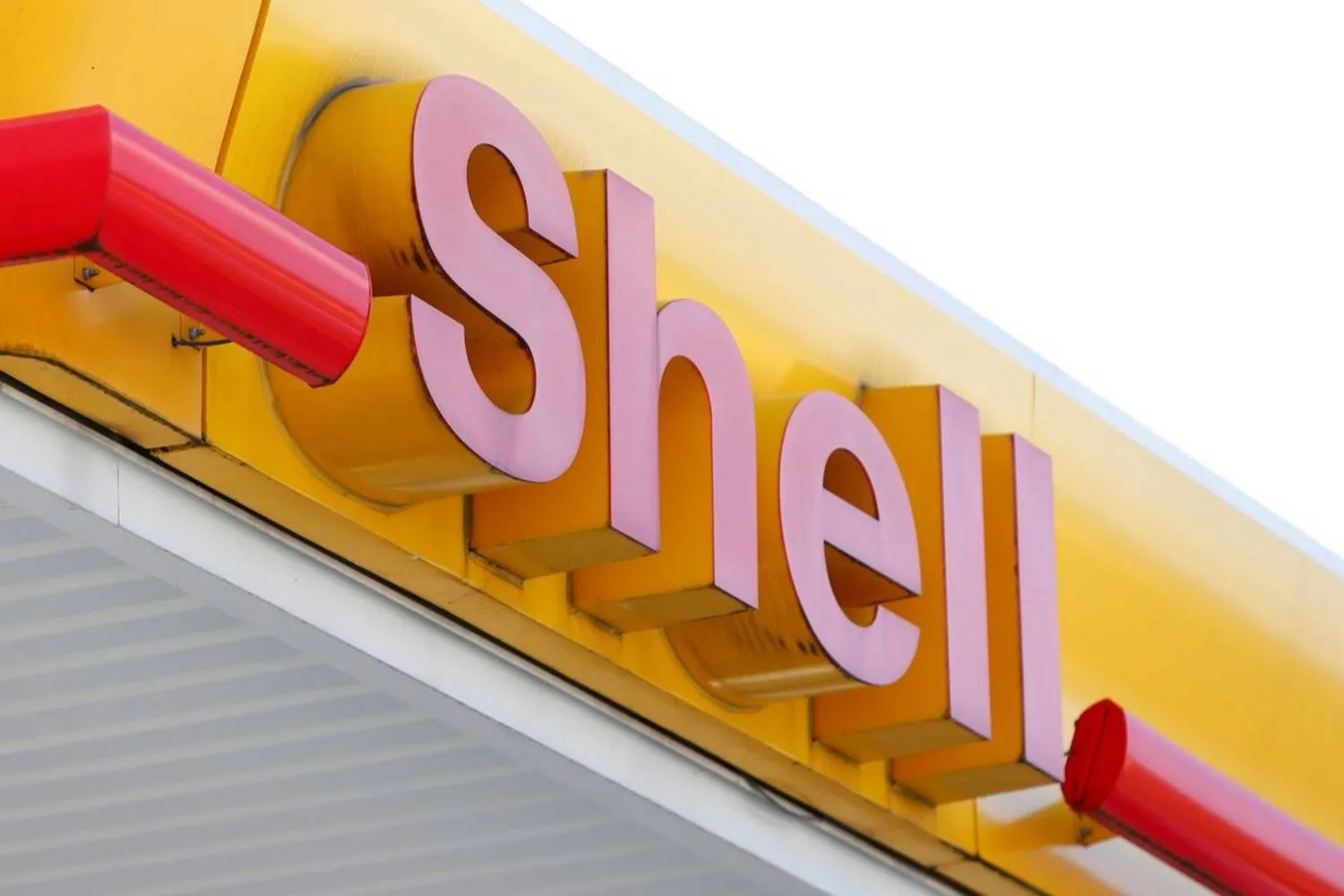Energy giant Shell will supply Morocco with six billion cubic meters of liquefied natural gas (LNG) over 12 years under a new agreement, Morocco's energy ministry has said.
Representatives of Morocco's national electricity authority, ONEE, and the British firm signed a contract on Friday in Rabat, the ministry said in a statement.
According to AFP, the agreement includes the annual delivery of 500 million cubic meters of LNG to Morocco. The value of the 12-year deal has not been disclosed.
In the initial years, the gas will be delivered through Spanish ports and the Maghreb-Europe Gas Pipeline (GME). It will eventually be delivered through planned Moroccan LNG terminals.
According to ONEE chief Abderrahim El Hafidi, the agreement with Shell will "address part of our needs and ensure the supply of natural gas to our power plants".
Leila Benali, Morocco's minister of energy transition and sustainable development, was quoted in the statement as saying "this medium-term supply contract will strengthen the kingdom's energy security and improve its competitiveness by accelerating the Moroccan decarbonisation strategy."









